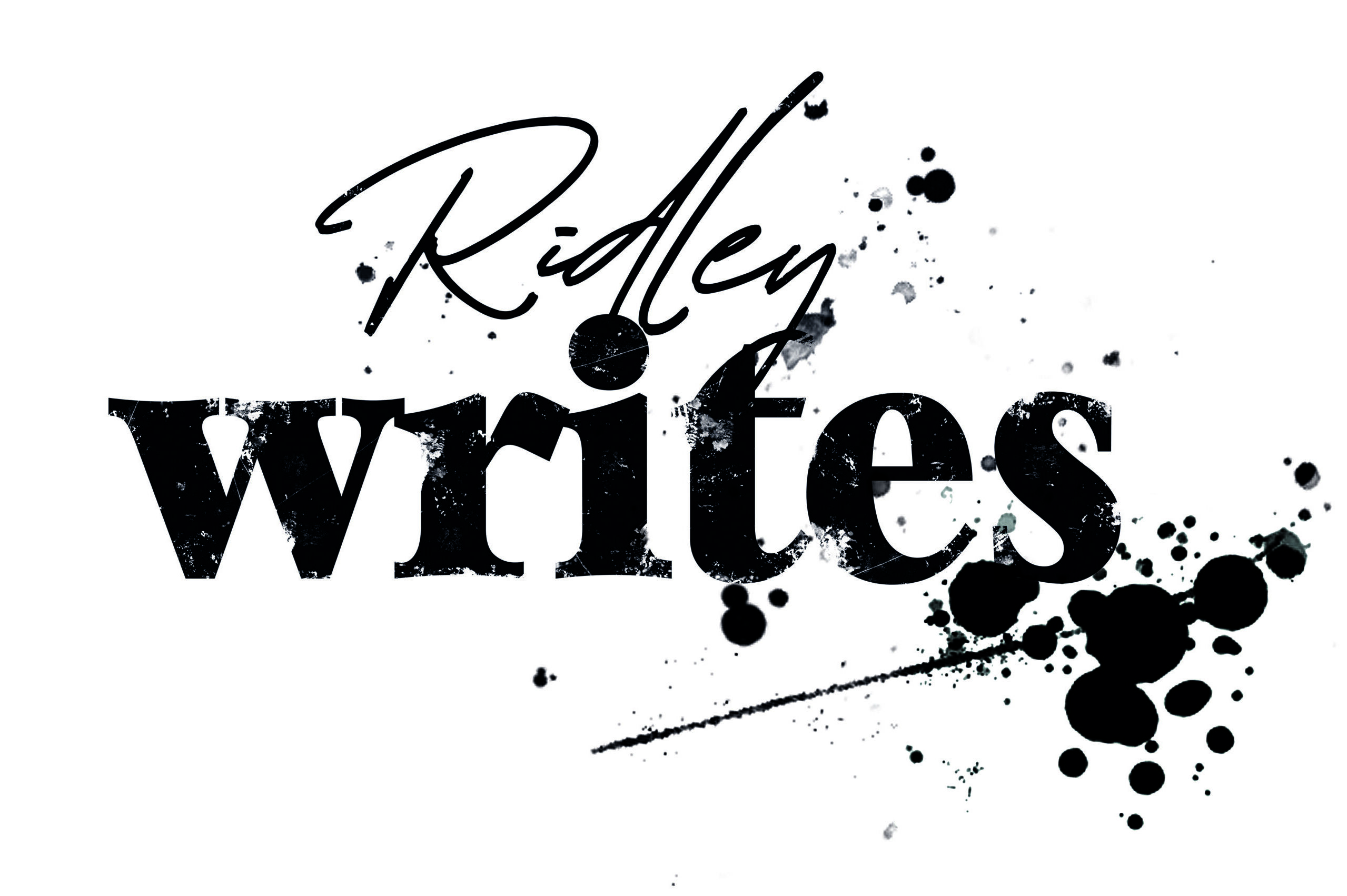Finding the story in the story
I get to interview all sorts of interesting people as part of the freelance writing I do.
My interview briefs tend to be quite non-specific. Or, to put it another way, more often than not I go into these conversations at least partially blind as to what the story might be. This is, you may be surprised, somewhat counter to the standard journalistic experience. We’re trained to know the contours of any given story, to go and find people to interview who are likely to have certain positions or insights on the subject, and then to weave them back together again into a narrative construct ready for general consumption.
The ‘unknown’ territory of the freelance writing work I do is however one of my greatest joys. Story hunting: knowing the story is there, but not knowing yet what shape it will take.
Story Hunting
For example, I recently interviewed someone in Poland who was researching cancer using an Atomic Force Microscope (AFM) – in lay terms, a microscope that enables the user to ‘see’ at the nanoscale (e.g. very very small things, not visible using regular microscopes). As a woman in a discipline (still) dominated by men my job was to interview her to find out a) more about her research and b) to what extent her experience of working in science had been impacted by her gender.
That’s pretty broad.
The story that emerged through our conversation however was pretty phenomenal. Dr Malgorzata Lekka started working with AFM in the 1990s and her groundbreaking research, undertaken on a ‘home-built’ instrument within an institution that didn’t specialise in this area, was the first globally to reveal that cancerous cells have a different structure to non-cancerous cells.
The rest of the story, well, her whole life, has been dedicated to using AFM to understand disease – mostly cancer but not exclusively. The department she now heads is predominantly female and her experience working within a male-dominated institution is one of end-to-end support, engagement and encouragement.
Golden thread
I couldn’t have known that was the story I was going to tell before the interview. I didn’t even totally know it was the story during the interview. It’s only afterwards, through listening, writing down quotes and thoughts, arranging them, rearranging them, deleting paragraphs and writing new ones that the golden thread starts to emerge for me.
I think this is true of all stories. We only find out what the story is by writing it, and importantly, by then deleting most of it, figuring out what the story isn’t about. Whatever type of writing we’re doing, whether it is fiction or ‘fact’, one of the things I am increasingly and acutely aware of it is how the act of writing is the practice that allows the story to emerge.
And, like a butterfly emerging out of a chrysalis, it isn’t necessarily an easy or a guaranteed process. Give up too soon and the chrysalis will suffocate the story. Emerge as ‘finished’ too soon and the story won’t have the wings it needs to make it fly.
What I am becoming increasingly fascinated by is that much of story is something so intuitive and innate that it’s hard to define. Yes, there are heaps of story structures and formulas out there, but if you’ve ever tried to follow any of them, you often find what emerges on the other side is lifeless.
Get quiet
That’s because there are no shortcuts (sorry!). We have to write. And we have to read – our stories, the stories of others. And then we have to get really really quiet with the stories we’re writing, so quiet we can hear what they are trying to tell us. Reading your work out loud is a great way of doing this. Where you stumble, where something doesn’t scan, where you’re surprised by a line or a word, or you just have a feeling, ‘that’s not quite right’, I ask you, pay attention. Story is asking you do to something at those moments. It’s asking you to make a cut, rework, rewrite, write more, write differently.
I’ve used the example of an interview here because there’s a kind of distance we can get when we’re effectively writing down a story that has quite literally been told to us by another human being. We need to get that same sort of distance from all the stories we’re crafting, whether that is a creative fictional piece of writing or one that emerges out of and is based on our life experiences and knowledge.
What is the story?
Keep asking, what is the story? Keep asking, is this paragraph adding something new to it? Is this sentence? Is this word? If I take these words away completely is it better or worse? Think of yourself as a wood turner, or a sculptor. It’s in the attention to the detail of it, that the skill is honed and the beauty able to emerge.
What about your writing?
If you are interested in finding some time for your writing why not join one of our free weekly writing rooms – either on a Tuesday evening at 8pm or a Friday lunchtime at 12pm?
If you’d like to have a chat about your own writing project and ideas you can book a free 30-minute chat with me via Calendly
And if you’re looking for some weekly insights and writing tips, why not sign up to my newsletter here.
